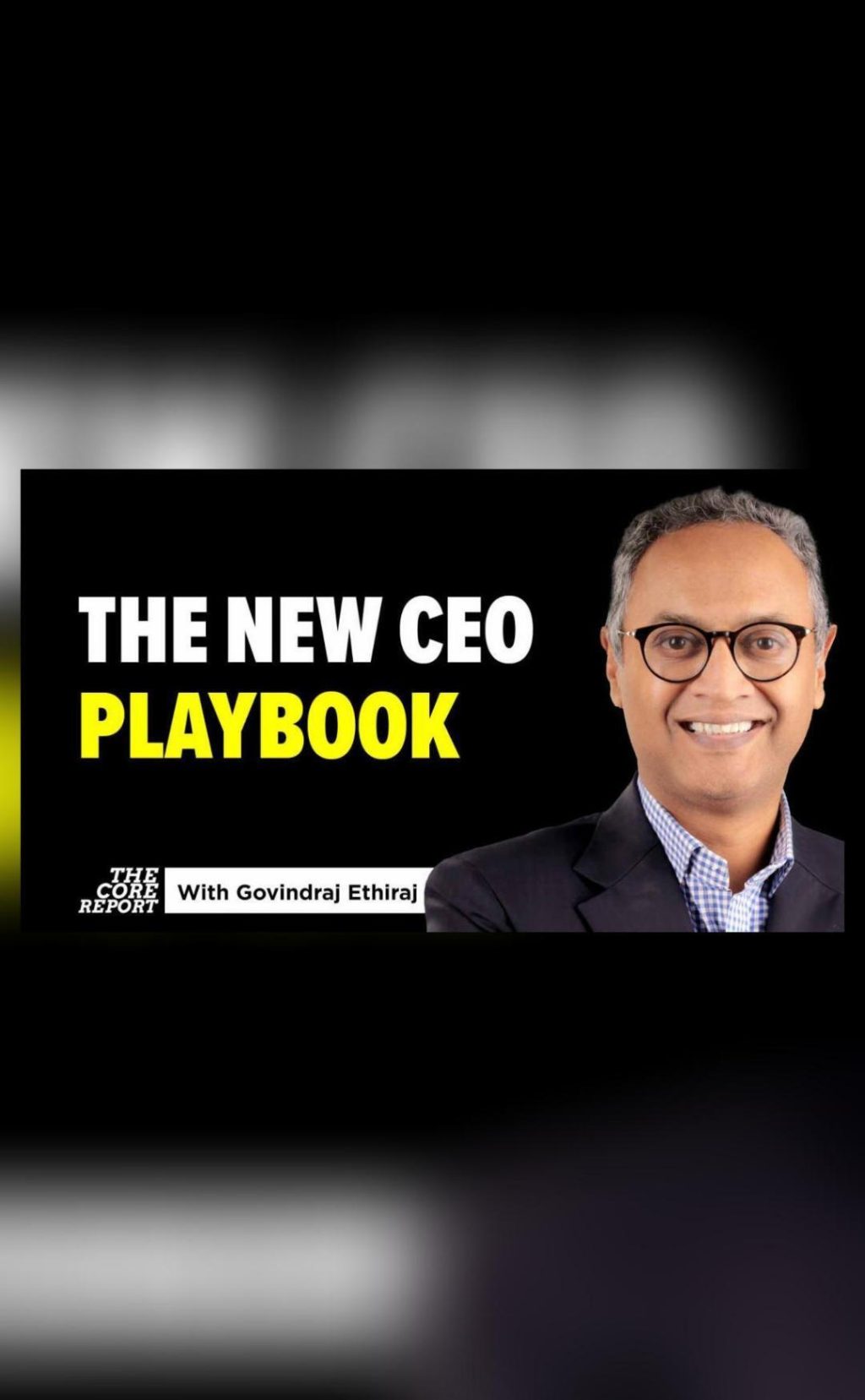
The New CEO Playbook: AI Pressures & Global Tariff Shocks
The role of a CEO has never been more challenging than it is today. With the rapid advancement of artificial intelligence (AI) and the increasingly volatile global trade landscape, business leaders are facing unprecedented pressures to adapt and innovate. Gone are the days of steady growth and predictable market trends; the modern CEO must be prepared to pivot at a moment’s notice to stay ahead of the curve.
In this blog post, we’ll explore the new CEO playbook, examining the key challenges posed by AI and global tariff shocks, and providing insights on how companies can navigate these turbulent waters.
AI Pressures: The Need for Automation and Innovation
AI is transforming industries at an incredible pace, with machine learning and natural language processing capabilities increasingly integrated into business operations. However, this transformation also presents significant challenges for CEOs. As AI reshapes industries, companies must adapt quickly to remain competitive, and this requires a fundamental shift in strategy and operations.
For many CEOs, this means embracing automation and innovation, leveraging AI to streamline processes, improve efficiency, and enhance customer experiences. However, this is no easy feat. Companies must invest in new technologies, retrain employees, and develop entirely new business models. It’s a daunting task, but one that is essential for survival in today’s fast-paced business environment.
Take, for example, the retail industry. With the rise of e-commerce, brick-and-mortar stores are struggling to stay relevant. To stay ahead of the competition, many retailers are incorporating AI-powered chatbots, personalized marketing, and inventory management systems. Those that fail to adapt risk being left behind, as consumers increasingly turn to online shopping for their needs.
Global Tariff Shocks: The Impact on Trade and Business
Meanwhile, the global trade landscape is undergoing a major upheaval, with tariff shocks and trade wars disrupting supply chains and business operations worldwide. The impact on trade is being felt across industries, from agriculture to manufacturing, as tariffs and quotas are imposed on goods and services.
For CEOs, this presents a double-edged sword. On the one hand, tariffs can provide a temporary boost to domestic industries, as foreign competitors are priced out of the market. On the other hand, tariffs can also lead to increased costs, reduced demand, and supply chain disruptions, ultimately threatening the very survival of businesses.
To navigate these treacherous waters, companies must be prepared to localize, adapt, and rethink their long-held business models. This may involve diversifying supply chains, exploring new markets, and developing alternative products and services.
The New CEO Playbook
So, what does this mean for CEOs? How can they effectively navigate the AI pressures and global tariff shocks that are reshaping industries and disrupting trade? Here are a few key takeaways from the new CEO playbook:
- Embrace automation and innovation: Invest in new technologies, retrain employees, and develop entirely new business models to stay ahead of the competition.
- Diversify and localize: Develop alternative products and services, and explore new markets to reduce reliance on single suppliers or regions.
- Rethink supply chains: Identify vulnerabilities in your supply chain and develop contingency plans to mitigate the impact of tariff shocks and trade disruptions.
- Focus on customer experience: Use AI to enhance customer experiences, improve loyalty, and drive retention in a rapidly changing market.
- Develop a resilience strategy: Prepare for the unexpected, whether it’s a global pandemic, economic downturn, or trade war, by developing contingency plans and building a resilient business model.
Conclusion
The new CEO playbook is all about adapting to change, embracing innovation, and developing a resilience strategy to navigate the unpredictable business landscape. With no guarantee of stability, companies must be prepared to pivot at a moment’s notice to stay ahead of the curve.
As AI reshapes industries and tariff shocks disrupt trade, CEOs must rethink strategy and operations, leveraging new technologies, and developing entirely new business models to stay competitive. It’s a daunting task, but one that is essential for survival in today’s fast-paced business environment.
News Source:
Watch the full video on how CEOs are adapting to AI pressures and global tariff shocks: https://youtu.be/0osLVVtj7tY






